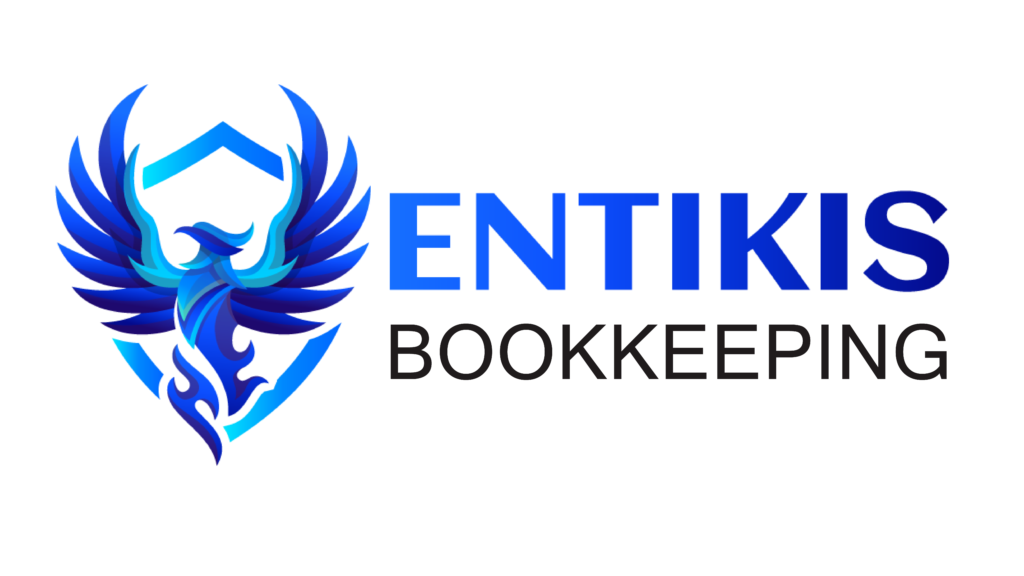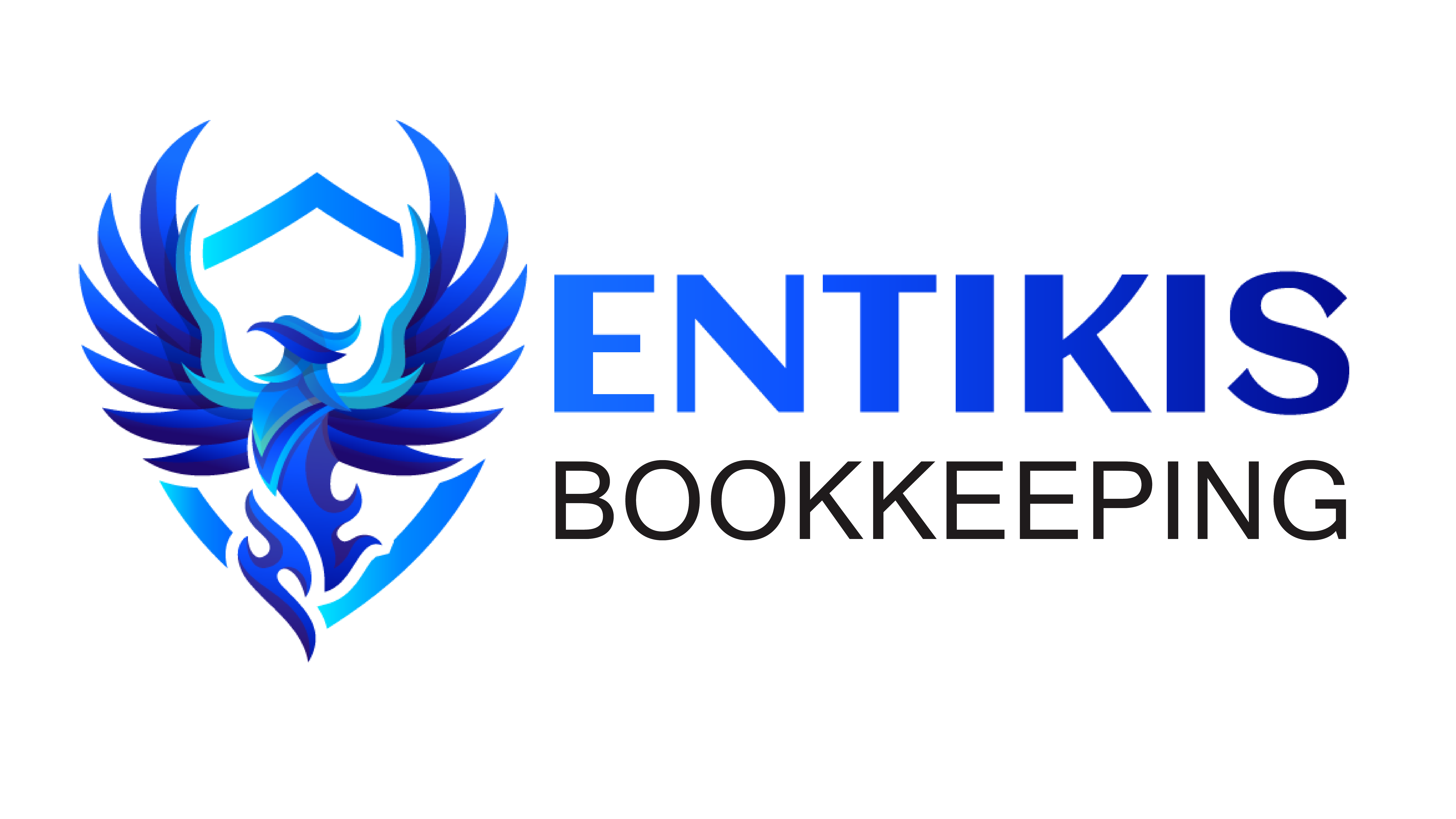Organizing your financial documents is a critical aspect of effective bookkeeping that can have far-reaching benefits for businesses of all sizes. From ensuring compliance with tax regulations to facilitating strategic decision-making, a well-organized system for managing financial documents lays the groundwork for sound financial management and business success. In this comprehensive guide, we’ll explore the importance of organizing your financial documents and provide practical tips for establishing an effective document management system.

Why Organize Your Financial Documents?
Compliance and Reporting: Properly organized financial documents are essential for meeting regulatory requirements and preparing accurate financial reports. Whether it’s filing taxes, submitting financial statements to stakeholders, or undergoing audits, businesses need to have easy access to relevant documents to demonstrate compliance and transparency.
Financial Analysis and Planning: Organized financial documents provide valuable insights into a business’s financial health and performance. By categorizing and storing documents systematically, businesses can analyze trends, identify areas for improvement, and make informed decisions about resource allocation, budgeting, and strategic planning.
Efficiency and Productivity: Searching for misplaced or disorganized financial documents can be a time-consuming and frustrating process. A well-organized document management system saves time and boosts productivity by enabling quick and easy access to the information needed for day-to-day operations, financial transactions, and decision-making.
Risk Management: Effective document organization minimizes the risk of errors, omissions, and fraud. By maintaining accurate and up-to-date financial records, businesses can detect irregularities and discrepancies early on, mitigate risks, and ensure the integrity and reliability of their financial data.
Business Continuity: Disasters and emergencies can strike at any time, jeopardizing the safety and accessibility of financial documents. Organizing and backing up financial documents digitally ensures business continuity by safeguarding critical information and enabling rapid recovery in the event of data loss or disruption.
Practical Tips for Organizing Your Financial Documents
Establishing a systematic approach to organizing your financial documents is essential for maintaining accuracy, accessibility, and compliance with regulatory requirements. By following practical tips and best practices, businesses can streamline their document management processes, improve efficiency, and mitigate risks associated with disorganization or loss of critical information.
Establish a Centralized Storage System: Designating a central location or digital repository for storing all financial documents is the first step towards effective document management. Whether it’s a physical filing cabinet in your office, a secure server hosted on-premises, or cloud-based storage solutions like Google Drive or Dropbox, centralizing your documents ensures consistency, accessibility, and ease of retrieval for authorized personnel.
Create a Folder Structure: Developing a logical and intuitive folder structure is crucial for organizing digital documents effectively. Group related documents into categories such as invoices, receipts, bank statements, tax records, contracts, and financial reports. Within each category, further subdivide documents by year, month, or project for added granularity and ease of navigation.
Standardize Naming Conventions: Adopting consistent naming conventions for files and folders is essential for facilitating search and retrieval. Include relevant information such as date, vendor name, invoice number, and description in file names to make it easier to identify and locate specific documents quickly. Consistency in naming conventions ensures uniformity across the organization and minimizes confusion when searching for documents.
Digitize Paper Documents: Converting paper documents into digital format using document scanners or mobile scanning apps offers several advantages. Digital documents take up less physical space, are easier to organize and search, and can be securely backed up and accessed remotely as needed. Invest in high-quality scanners and OCR (Optical Character Recognition) software to ensure accurate digitization of paper documents.
Utilize Accounting Software: Leveraging accounting software can streamline document management tasks and enhance overall efficiency in bookkeeping processes. Many accounting platforms offer document management features that allow users to attach and link supporting documents directly to transactions, invoices, and accounts for easy reference and audit trail. Integrate accounting software with document storage systems for seamless workflow automation and data synchronization.
Implement Version Control: Maintaining version control for financial documents is essential for tracking revisions, updates, and changes over time. Use file naming conventions, metadata, or version tracking tools to keep track of document versions and ensure that the most current and accurate information is being used for decision-making and reporting. Implementing version control protocols minimizes the risk of errors or discrepancies in financial reporting.
Schedule Regular Document Reviews: Set aside time periodically to review and update your document management system. Purge outdated or redundant documents, archive inactive files, and ensure that new documents are properly categorized, labeled, and stored according to established protocols. Regular document reviews help maintain the integrity and organization of your financial records and ensure compliance with retention policies and regulations.
Backup and Security Measures: Implementing robust backup and security measures is critical for protecting financial documents from loss, theft, or unauthorized access. Regularly backup digital files to multiple locations, including on-premises servers and cloud-based storage platforms. Encrypt sensitive information to prevent unauthorized disclosure and restrict access to financial documents to authorized personnel only.
Train and Educate Staff: Provide comprehensive training and guidance to employees on proper document management practices and procedures. Educate staff on the importance of organizing and maintaining financial documents accurately and securely, and empower them with the knowledge and tools needed to comply with company policies and regulatory requirements. Regular training sessions and refresher courses ensure that employees stay informed and up-to-date on best practices for document management.
Seek Professional Assistance: When in doubt, seek professional assistance from qualified accountants, bookkeepers, or financial advisors. Experienced professionals can offer guidance on best practices for organizing financial documents, recommend suitable document management tools and software, and provide valuable insights into compliance and regulatory requirements specific to your industry or jurisdiction. Consulting with professionals ensures that your document management practices align with industry standards and regulatory guidelines.
In conclusion, implementing practical tips for organizing your financial documents is essential for maintaining accuracy, accessibility, and compliance in your bookkeeping processes. By establishing a centralized storage system, creating a logical folder structure, standardizing naming conventions, digitizing paper documents, utilizing accounting software, implementing version control, scheduling regular document reviews, implementing backup and security measures, training and educating staff, and seeking professional assistance when needed, businesses can streamline their document management processes, improve efficiency, and mitigate risks associated with disorganization or loss of critical information. Investing time and resources into organizing financial documents pays dividends in the long run by ensuring transparency, accuracy, and compliance with regulatory requirements.
Conclusion
Organizing your financial documents is not just a matter of tidiness—it’s a fundamental aspect of effective bookkeeping and financial management. By establishing a systematic approach to document organization, businesses can ensure compliance, enhance efficiency, mitigate risks, and make informed decisions that drive success and growth. Whether it’s implementing digital document management systems, standardizing naming conventions, or training staff on best practices, investing time and resources into organizing financial documents pays dividends in the long run. Start organizing your financial documents today and reap the benefits of improved transparency, accuracy, and control over your finances.
If You Are Looking For Professional Bookkeeping Services, Please Contact Us At Admin@Entikis.Com And 817-415-1715 To Learn More About How Entikis Bookkeeping Can Support Your Journey To Success! Located At 640 Taylor St Suite , Fort Worth, TX, United States, Texas. We Offer Professional Bookkeeping Services For Businesses In The Burleson, Fort Worth And The Surrounding Tarrant County Metroplex.




